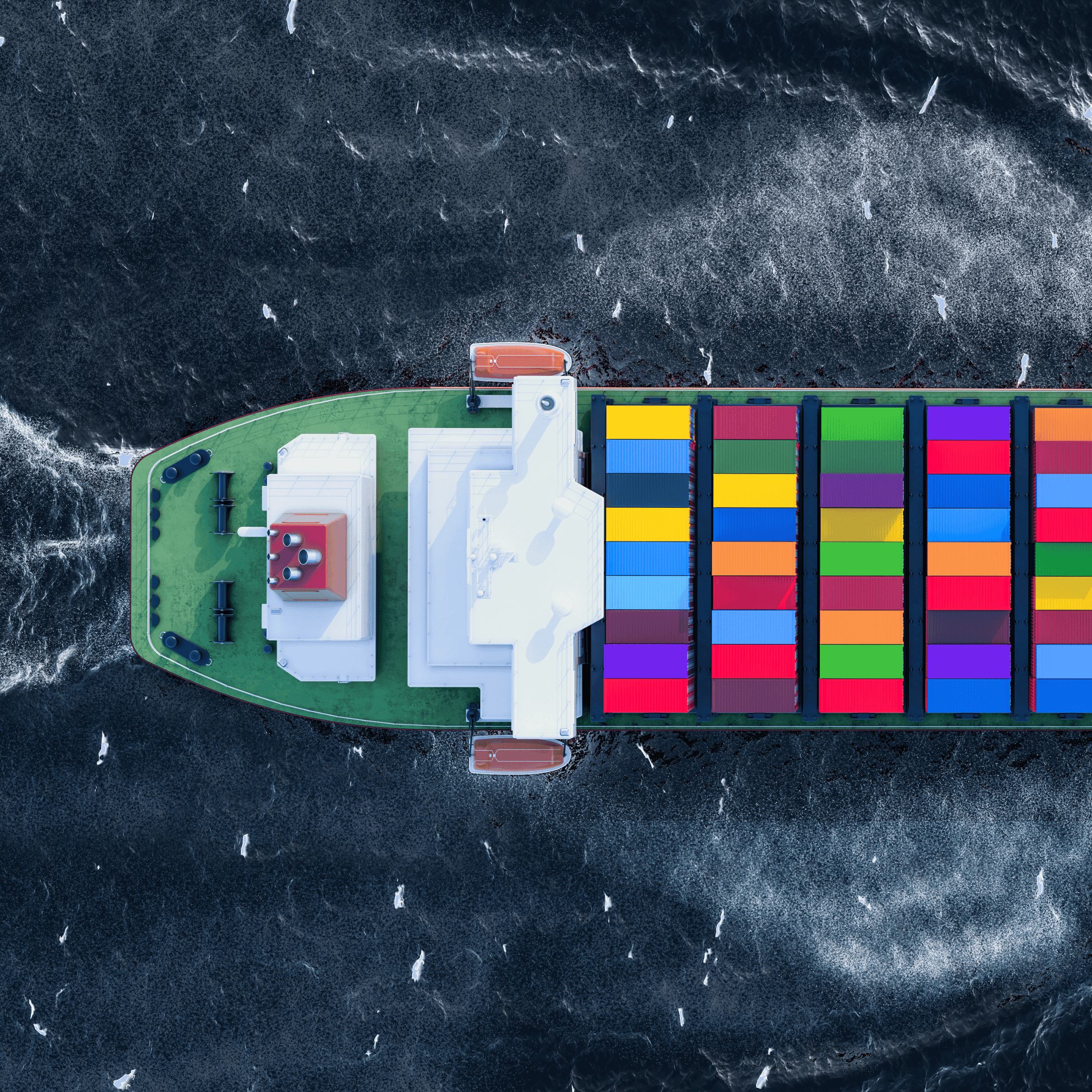Economic Operators Registration and Identification (EORI) numbers are a crucial element in the international trade and customs landscape, particularly within the European Union (EU). This comprehensive article aims to shed light on the concept, purpose, application process, and significance of EORI numbers in facilitating cross-border trade.
Introduction to EORI Numbers
The EORI system was introduced by the EU to streamline customs procedures and improve security. An EORI number is a unique identification number assigned to businesses and individuals involved in importing or exporting goods into or out of the EU. This number is used by customs authorities to track and register customs information in the EU. It is an essential requirement for traders to interact with customs authorities in any EU member state.
Purpose and Significance
The primary purpose of the EORI number is to facilitate customs authorities in identifying traders and collecting duties. It aids in the efficient processing of customs declarations and the clearance of shipments. This system enhances the security of the supply chain and helps in the swift movement of goods across borders, thus playing a vital role in international trade and logistics.
Who Needs an EORI Number?
EORI numbers are mandatory for companies and individuals involved in importing or exporting goods to or from the EU. This includes not only EU-based businesses but also companies located outside the EU if they are engaged in customs activities within the EU. The requirement applies to a wide range of trade activities, including temporary shipments, such as samples or equipment for exhibitions.
Application Process
To obtain an EORI number, businesses or individuals must apply to the customs authority in the EU country where they are established or where their first customs activity will take place. The application process typically involves submitting company information, such as legal status, contact details, and VAT number. Non-EU businesses may need to appoint a representative within the EU to apply. Once assigned, the EORI number is valid throughout the EU and does not need to be renewed.
Integration with Customs Systems
The EORI number is integrated into the EU’s customs systems, such as the Customs Declaration Service (CDS) and the Automated Export System (AES). This integration ensures that customs declarations and other relevant documents are properly recorded and tracked. It also facilitates the exchange of information between different EU member states’ customs authorities.
Impact of Brexit
Brexit has significantly impacted the EORI system, particularly for UK businesses. Post-Brexit, UK companies require an EU EORI number to trade with EU countries, in addition to a UK EORI number for domestic customs processes. This change underscores the importance of understanding and complying with EORI requirements in the context of evolving trade relationships and regulations.
Conclusion
In conclusion, the EORI number is a vital component of the international trading system, particularly within the EU. It streamlines customs procedures, enhances security, and facilitates the efficient movement of goods across borders. Understanding the importance, application process, and usage of EORI numbers is essential for businesses and individuals engaged in international trade. As global trade continues to evolve, the role of EORI numbers in ensuring smooth customs operations and compliance remains significant.






